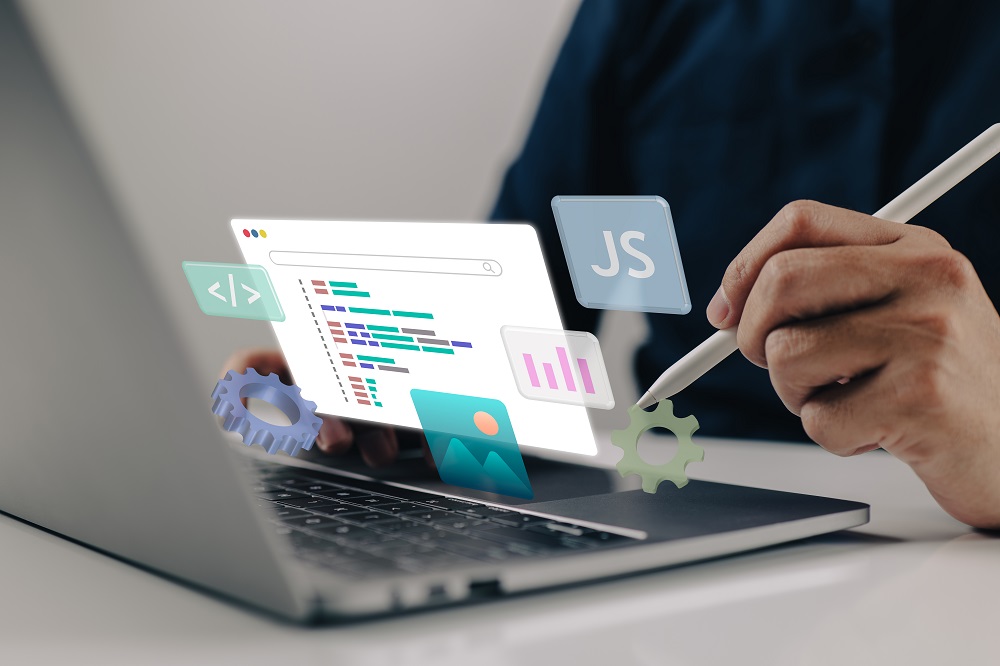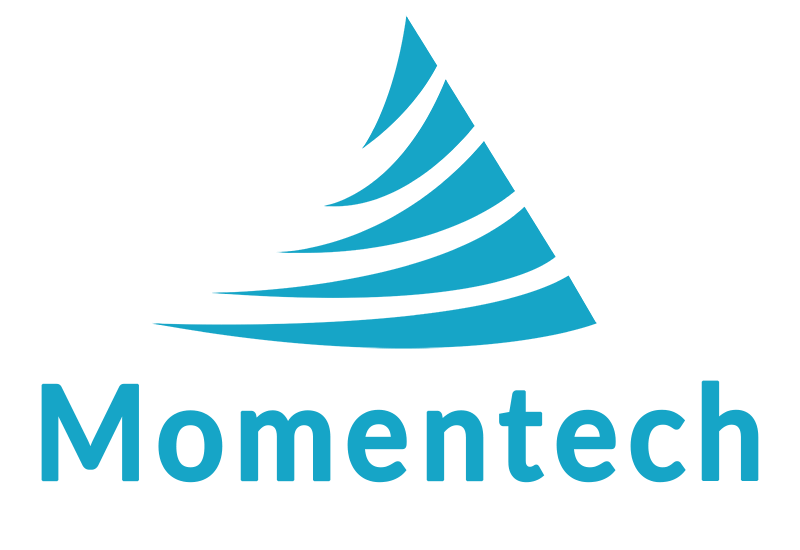Full Stack Development: Discover the Skills Required to Master Web Applications

Full stack development might sound intimidating or somewhat mysterious when you hear it for the first time, but worry not - we're here to demystify the concept and guide you through the skills needed to become an all-around web master. By the end of this article, you'll have a solid understanding of what full stack development is, just how essential it is in the world of custom application development, and how you can harness its power for your benefit.
In a nutshell, full stack development refers to the ability to work on both the front-end and back-end aspects of a web app, or web application. The front-end, also known as client-side, deals with everything that is visible to the user, such as the design, the user interface, and the overall functionality. The back-end, or server-side, however, focuses on the logic and infrastructure that supports the web app, including databases and servers.
In today's digital landscape, businesses not only require aesthetically pleasing and user-friendly web applications but also need them to be robust, efficient, and easily maintainable. This is where full stack development shines, as it combines the power of both front-end and back-end development, allowing for a seamless user experience across every layer of a web app.
Moreover, full stack developers are highly sought-after for their vast skillset and ability to handle diverse projects. They can save companies time and money by reducing the need to outsource various aspects of custom application development, ultimately streamlining the entire process from start to finish.
Now that we've established the importance of full stack development, let's dive into the key skills required to become proficient at it. Below is a comprehensive list of the skills and technologies you'll need to master:
Are you feeling inspired to begin your journey as a full stack developer? To get started, solidify your foundation in the basics of front-end and back-end development. Online tutorials and courses, as well as skill-based boot camps, can offer invaluable resources and guidance.
As you progress, practice your newly acquired skills by working on personal projects or contributing to open-source platforms. This hands-on experience will not only add value to your portfolio but also help you gain confidence in tackling real-world projects within custom application development.
In conclusion, full stack development is an in-demand skill that empowers you to create rich web experiences with a complete understanding of every aspect involved. Dedicate yourself to learning and honing your skillset, and you'll be well on your way to becoming an all-around web master.
What is Full Stack Development?
In a nutshell, full stack development refers to the ability to work on both the front-end and back-end aspects of a web app, or web application. The front-end, also known as client-side, deals with everything that is visible to the user, such as the design, the user interface, and the overall functionality. The back-end, or server-side, however, focuses on the logic and infrastructure that supports the web app, including databases and servers.
Why is Full Stack Development Important?
In today's digital landscape, businesses not only require aesthetically pleasing and user-friendly web applications but also need them to be robust, efficient, and easily maintainable. This is where full stack development shines, as it combines the power of both front-end and back-end development, allowing for a seamless user experience across every layer of a web app.
Moreover, full stack developers are highly sought-after for their vast skillset and ability to handle diverse projects. They can save companies time and money by reducing the need to outsource various aspects of custom application development, ultimately streamlining the entire process from start to finish.
Essential Skills for Full Stack Development
Now that we've established the importance of full stack development, let's dive into the key skills required to become proficient at it. Below is a comprehensive list of the skills and technologies you'll need to master:
1. Front-End Development Skills
- HTML & CSS: These are the basic building blocks of any website, as they define the structure and the design, respectively.
- JavaScript: This scripting language is essential for creating dynamic and interactive elements on a web app.
- Front-end frameworks: React, Angular, and Vue.js are just a few popular examples that provide pre-built components and functionality to streamline front-end development.
2. Back-End Development Skills
- Programming languages: Mastering back-end languages such as PHP, Python, Ruby, or Java will allow you to create smooth and efficient server-side logic.
- Database management: Mastering the art of managing databases is crucial for storing and retrieving web application data. MySQL, PostgreSQL, and MongoDB are examples of popular database systems.
- Web servers: Understanding how to set up and maintain web servers, such as Apache or Nginx, is necessary for a full stack developer.
3. Other Necessary Skills
- Git and version control: Being familiar with Git and managing code changes is crucial for collaborative development projects.
- APIs and RESTful services: Mastering web service and API development is essential for building robust, data-driven applications.
- Soft skills: Good communication, problem-solving, and time management abilities will also contribute to your success as a full stack developer.
Getting Started with Full Stack Development
Are you feeling inspired to begin your journey as a full stack developer? To get started, solidify your foundation in the basics of front-end and back-end development. Online tutorials and courses, as well as skill-based boot camps, can offer invaluable resources and guidance.
As you progress, practice your newly acquired skills by working on personal projects or contributing to open-source platforms. This hands-on experience will not only add value to your portfolio but also help you gain confidence in tackling real-world projects within custom application development.
In conclusion, full stack development is an in-demand skill that empowers you to create rich web experiences with a complete understanding of every aspect involved. Dedicate yourself to learning and honing your skillset, and you'll be well on your way to becoming an all-around web master.





